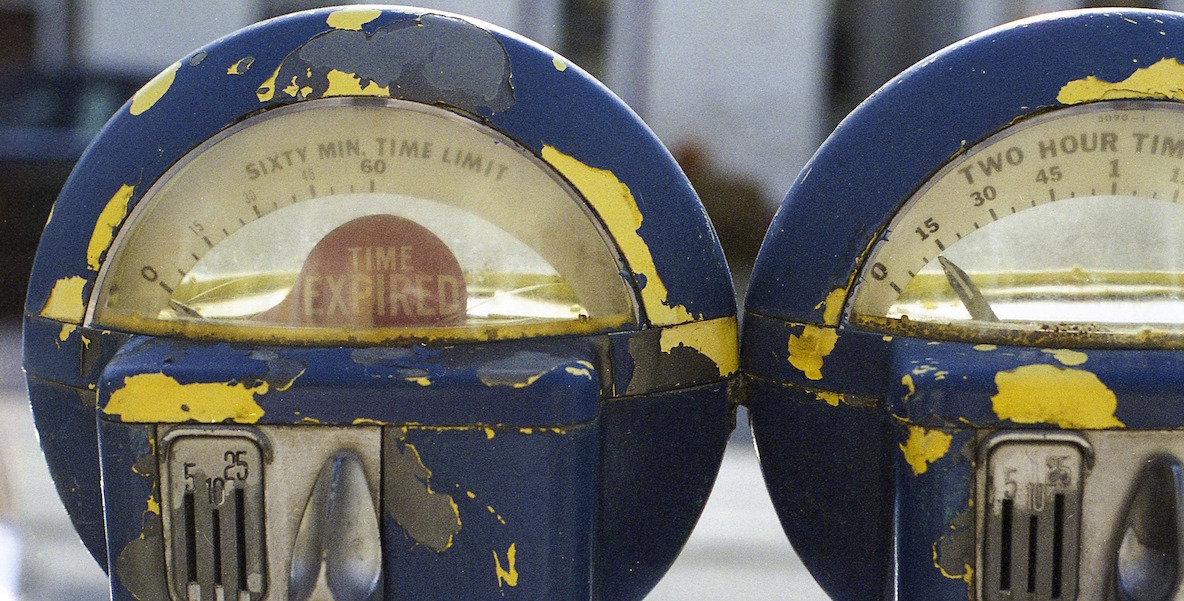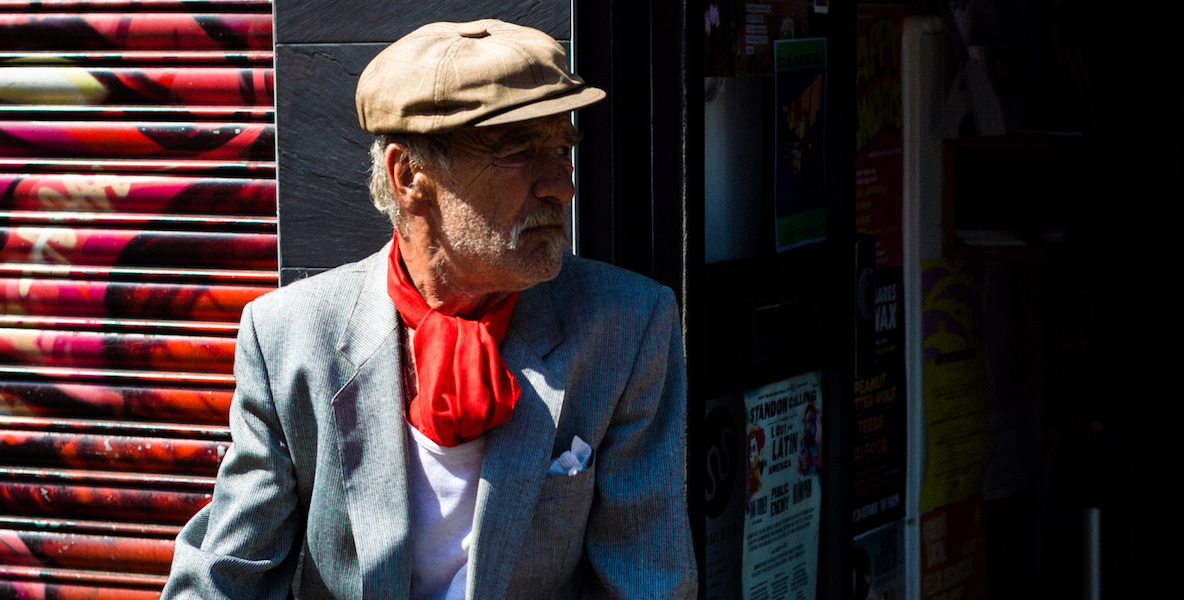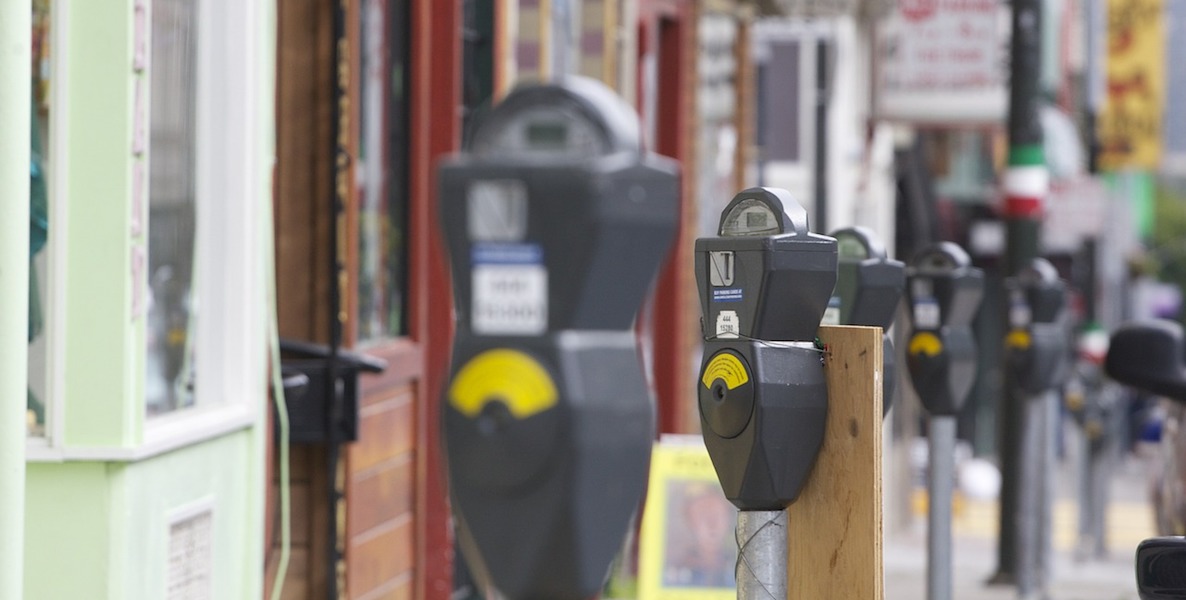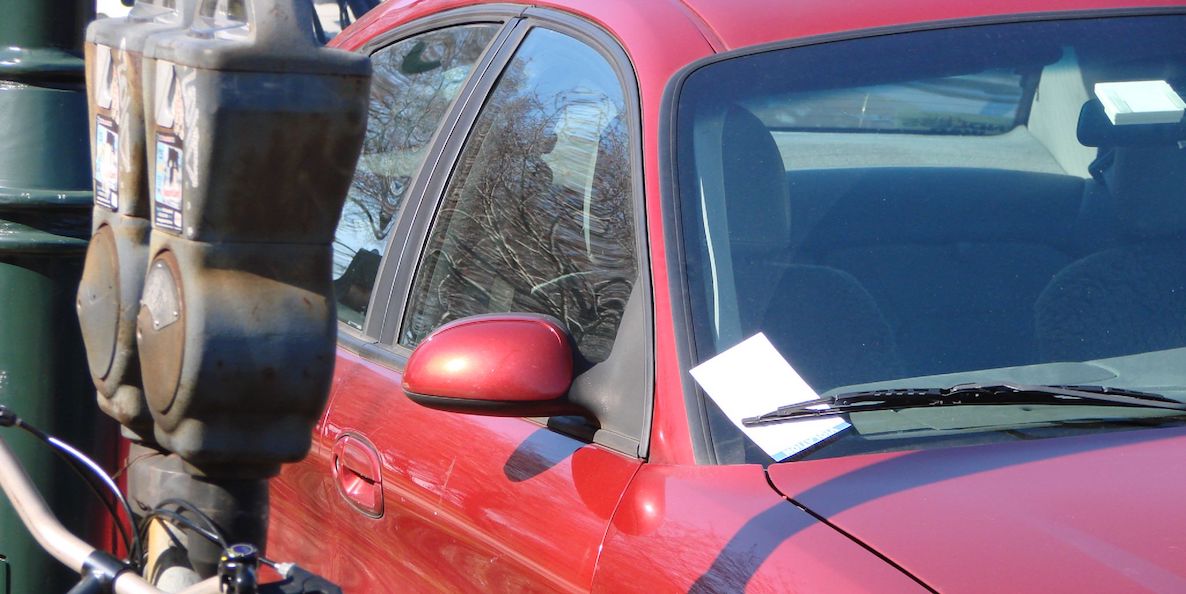Philly is not among the fastest growing cities—indeed, it’s ranked 40th out of the 53 major metropolitan areas for growth—and it just barely makes the Top 5 most populous city cut. But, clearly, Philly has a very serious transportation problem. And none of the candidates—including those running for Mayor—said much about it or how creative the city could get to solve it.

It’s strange, because as a major city, Philadelphia hums on transportation access and high use of mass transit. Old age (emphasized by centuries of narrow streets) combined with a world class urban park system (which outsiders appreciate more than us) ironically make it a very walkable and comfortably bikeable city, too. In many respects, Philly is a very movable, transport-option rich city, one particular characteristic that’s made it an attractive destination point for everyone from incoming college students to transient professionals.
The problem is not so much Philly’s transportation ecosystem. It’s the inability of city leaders to work creatively to strengthen, fix and expand it in such a way that’s efficient and equitable for all Philadelphians.
This recent election is one such case. What could have been an opportunity to paint a vision of Philadelphia as a leader in transportation models turned, instead, into a missed opportunity peppered with the issue as a lazy side note or used as buzz words during campaign stops. With the city steadily growing, and transportation problems along with that, there was an opening to illustrate Philly as something other than the messy, underfunded patchwork of intra-city travel that it is. Just like they failed to do with environmental issues, Mayoral candidates should have had detailed platforms on transportation, as well.
It’s not just about traffic or the quickest way to work. It’s really about quality of life.
A large part of the problem falls on residential perception: transportation, to so many residents, is simply an amenity that is just expected to work when they need it, whether that’s by car, SEPTA, cab, rideshare or the streets used. We take it for granted—until, it’s inaccessible on that one crucial day when we, as individuals, need it the most. We’re not thinking of it as essential infrastructure requiring better maintenance and expansion, nor do we connect it with challenges around equity and economic performance.
![]()
A recent Pew report found that six out of 10 Philadelphians drive to their jobs, despite the better options available. Congestion keeps rising, something we’re not only seeing in Center City, but every major route in the city. Increased use of ride-share such as Uber and Lyft is astronomically increasing gridlock as more cars are added to the roads. Increased use of delivery services, in a ceaseless age of online shopping, is putting more trucks (and their double-parking habits) on already narrow and overused Philly streets.
But from our leaders, the issue is framed more as a simple traffic nuisance problem that can be magically unknotted by “traffic cops” and, incidentally, more bike lanes. City Hall is geeking on fixes like “congestion pricing” used in other cities, which is basically charging drivers money to enter the busiest parts of the city. But, be wary over how excited the Mayor and City Council get about anything that resembles a new tax, because that’s just what congestion pricing will turn into.
And while unarmed “public safety officers,” approved by voters in a ballot question this week, will be a useful addition to city streets (even though there are many questions with respect to duties, salaries and hazards on the job), that’s about as elaborate as the transportation question got this year. Potholes were another occasional conversation that candidates were forced to answer in periodic bursts, mostly when confronted by upset residents on the road.
Philadelphians and surrounding Philly-suburbanites are losing 112 hours sitting in a car, up from 95 hours in 2017, a 17 percent increase in just a year.
That’s disappointing, and a bit dangerous. Philly is reaching a very shaky transportation tipping point that a city of its age and size should respond more effectively to before reaching a point of no return. In some ways, residents should be thankful the region is growing as slowly as it is compared to other metro areas, because if it went any faster Philly transportation problems would go from severe to catastrophic. The city could get ahead of it with vision before it makes costly and irreparably destructive decisions—yet, City Hall shows no present appetite for that or any ability to grapple it.
In the meantime, transportation woes are steadily mounting. Transportation analytics company INRIX discovered Philadelphia is the 69th most congested city in the world—and the 9th such in the United States. That means Philadelphians and surrounding Philly-suburbanites are losing 112 hours sitting in a car, up from 95 hours in 2017, a 17 percent increase in just a year. That’s bad considering there are, technically, nearly 4,500 cities on the planet (with populations of 150,000 or more), which puts Philly in the top 1 percentile of clogged streets.
![]()
WalletHub ranked Philly, out of a list of 100 cities, as the 4th worst place to drive in, ranked just above Oakland, San Francisco and Detroit; and it is the top city with the highest accident likelihood compared to the national average. Insurance company Allstate also put it near the bottom of its 2018 “Best Drivers” index, ranked 191st out of 200 cities. Potholes, one prominent transportation failure feature that continues irking residents, get worse and show no signs of abating, particularly as the city not only builds more, but floods more due to rising sea levels. More water means more pavement erosion and crumbling that an already overwhelmed Streets Department can’t keep up with. Tire company Firestone released a March 2019 assessment of pothole-littered trouble spots and Philly was No. 1 on the Top 10 list.
But potholes certainly aren’t the only problem keeping people (like me) from driving their car at all in Philly. There was a 32 percent increase in Philadelphia traffic fatalities between 2016 to 2018 alone, the bulk attributed to both distracted driving and speed. Nearly half of those deaths involve pedestrians and bicyclists in the city, and yet only 16 percent of the drivers responsible for that level of vehicular manslaughter ever face felony charges. Most fatalities are happening in North Philadelphia, and more than 20 percent in 2018 occurred on Roosevelt Boulevard—and that more than doubled from the previous year.
Philly can’t traffic cop or ticket-write or pave-a-pothole way out of this. And transportation can’t be an issue that’s completely dominated by a much noisier and much whiter bike lobby that’s only concerned about how accessible roadways are for them.
Something is happening in the city where not only is there not much thought going into the disheveled state of transportation, but there’s not much concern for pedestrians or bicyclists. With the frequency rate of criminal penalties for killing someone by vehicle so low in Philly, no wonder the problem gets worse.
If bad traffic, lost hours and worsening air quality from increasing fuel emissions won’t push communities and lawmakers into action on transportation, economics should. With poverty so high in Philadelphia, and stable employment still elusive for the city’s most distressed populations, transportation should factor as a major component in growth conversations. Nearly 40 percent of residents who live in the city are “reverse commuting,” according to the Pew Charitable Trust’s “State of the City” report, a sign that there is more job growth spreading out into the suburbs than in the city, thereby forcing more people to travel greater less-accessible distances.
![]()
That also forces more people onto the roads if there’s fewer SEPTA accessible options, which puts a strain on household budgets, and limits both job and transportation options. But, as SEPTA becomes more visibly strained and underfunded itself—even as it’s the 9th “best” mass transit system in the world—low-to-moderate income households who could use it the most are using it less and being forced into car ownership—another drain on budgets once adding up the maintenance, insurance, accident and pothole costs.
More car usage isn’t efficient for a city. It becomes a drag on growth and it diminishes safety. A McMaster University research found that “… congestion seems to slow job growth when it gets to be worse than about 35 to 37 hours of delay per commuter per year (or about four-and-a-half minutes per one-way trip, relative to free-flowing traffic).” Philly commuters are already spending 48 hours per year in traffic delays, so we’ve already gone above that threshold. It could be one factor, among many, contributing to the city’s lagging job growth: average private-sector job growth in major cities is 2.3 percent; but, in Philly, it’s just 1.5 percent.
Philly can’t traffic cop or ticket-write or pave-a-pothole way out of this. And transportation can’t be an issue that’s completely dominated by a much noisier and much whiter bike lobby that’s only concerned about how accessible roadways are for them. Of course, issues like increased ride-share congestion could be solved by cutting the number of Ubers and Lyfts on streets, and putting a stop to double-parking delivery trucks could be handled by either more aggressive enforcement or by not allowing large trucks in locations like Center City at all during certain days or hours.
Ultimately, for a city plagued by inequality issues, perhaps the more Philly accepts its traffic problem as a core socio-economic one—acknowledging that it does create more inequality— then maybe we get closer to expanding the conversation beyond outbursts. The first step will be how Philly sees and defines transportation, as something that’s deserving of similar energy as everything else and that’s just as interconnected with so many other complex and critical issues that need tending to. It’s not just about traffic or the quickest way to work. It’s really about quality of life.
Charles D. Ellison is Executive Producer and Host of “Reality Check,” which airs Monday-Thursday, 4-7 p.m. on WURD Radio (96.1FM/900AM). Check out The Citizen’s weekly segment on his show every Tuesday at 6 p.m. Ellison is also Principal of B|E Strategy, catch him if you can @ellisonreport on Twitter.
Photo by chrisinphilly5448 via Flickr






